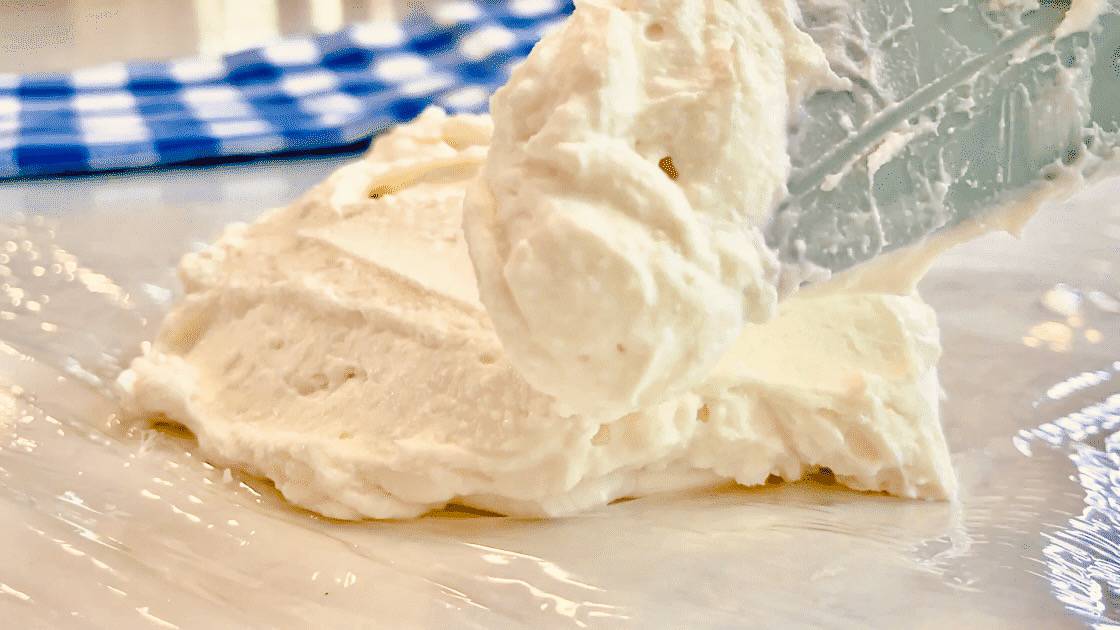Affording groceries during times of rapid price increases
As an Amazon Associate I earn from qualifying purchases.
During the past two years alone, the price of some household staples such as bread, milk, and eggs have increased in price by as much as 69%*, while the median household income has only increased 1%*. In this video, I discuss these increases and offer tips to help your family cope with the rapidly increasing cost of groceries.
As I’ve found myself watching Youtube far more than I do television, I am going to start expanding my youtube channel, so please be sure and visit me on youtube by clicking here and be sure and click the red “subscribe” button!
References for this video:
- Soaring Food Prices: Compare Cost Increases
- Food Prices Soar as Incomes Stand Still
- Milk Prices Could Go up 60 Cents a Gallon
- Rice: The Ultimate Budget Extender
- Money Saving Tip: Rethink Bulk
- Come Home to Supper
“American families have always shown remarkable resiliency, or flexible adjustment to natural, economic, and social challenges. Their strengths resemble the elasticity of a spider web, a gull’s skillful flow with the wind, the regenerating power of perennial grasses, the cooperation of an ant colony, and the persistence of a stream carving canyon rocks. These are not the strengths of fixed monuments but living organisms. This resilience is not measured by wealth, muscle or efficiency but by creativity, unity, and hope. Cultivating these family strengths is critical to a thriving human community.”~Ben Silliman







I’ve always considered myself to be thrifty and frugal, as that is how I was raised; however, once the prices started sky-rocketing as they have, I soon realized my efforts were sorely lacking and now I look for all suggestions on how to be a better saver. I’m interested in learning how those who are retired and on a fixed income are dealing with this issue too. With zero chances of counting on “pay raises” or any form of “cost of living” increases with any positive fluctuation of income, this has become very disconcerting in trying to shop and make it cost effective! I also still struggle with “cooking for one”!! But, I do not waste food and have no problem eating leftovers. I don’t enjoy cooking just for myself, therefore, I find myself fixing soups, “one-dish” meals, and even casseroles that can then be divided up and frozen, so having the leftovers is advantageous for me! Thanks Christy for this topic and for your suggestions as well as for the comments from others. I love learning from others’ experiences. I’m interested in learning more about dehydrating, suggestions on the type dehydrator to invest in, and in how to make the “shelf stable” (I believe that’s the term you used) foods!! My experience in trying to keep a good stock in a panty has resulted in expired canned goods or non-refrigerated items and ended up having to throw them away. That defeats the whole purpose! I’d like to learn how these companies now hawking the “emergency” foods that “last for 25 years” are creating such products!
The main thing the companies do is use shelf stable ingredients completely void of moisture. Then, they package them in an oxygen deficient environment and in dark cans so not only does air not permeate, but light as well. They basically get rid of all of the elements that cause food spoilage (light, air, and moisture are generally what cause food to spoil). A lot of the ingredients are freeze dried or dehydrated, which is why a can of green beans on the shelf at the grocery store may be dated to last two years but a #10 can of freeze dried green beans can easily last over 25.
An important thing to note is that the FDA mandates that food companies put dates on their cans and those are not really an accurate picture of how long the food is good for. Scientists have tested canned goods over 100 years old and found them to still be safe to eat. What I do, and this is a judgment call on your part of course, is immediately double in my mind the shelf life of anything with a date. What I’m saying is that I use that date as a guideline and then double it. Even after that, I would open it and test for quality before tossing it out. I also buy only shelf stable milk most of the time now, and it is good for 2 years (at least). I get mine at the Dollar Tree and it’s delicious, Gosner’s Dairy.
It is hard to cook for just one. I believe if it were just me, I’d cook for two and freeze half of the meal for later so you could still have variety (and nights off from cooking!) but I’m sure you’re already doing this. With inflation like it is, it’s really like your income had actually decreased rather than remained the same, so I know what a struggle it is. I appreciate you being here and your wonderful input!
Like you, I live alone on a fixed income. I no longer cook meat and 2 or 3 veggies. I cook a lot of soups and stews as well as casseroles. If possible, I halve recipe ingredients. I never pay full price for meat. When I go to the market, I only buy what is on sale. I can do without something until it comes on sale. Sometimes I have to do without butter or mayonnaise for a while but I will not pay full price. I am not brand picky so that helps when buying. I go to a local bread store for bread, rolls and buns for a fraction of market prices. I do not coupon because I have found that most coupons are for high end brands that I do not buy. The alternative products are usually cheaper than coupon prices of name brands. I keep a running grocery list on my laptop and print it out when I make my weekly run for sale items. I stay with my list and I refuse to be sabotaged by impulse buying. It gets to be a fun game to outwit today’s soaring prices!
Thanks for all the great tips.. I have one too, finding that the price of bread has gone up over the past year. I sometimes go to our Breadbasket, a local discount chain that sells near expired bread at good prices and a local store club also sells near expired bread too. But one thing I do is make by own bread, found a bread maker at a second hand store after the one I had for years broke. I find it a great treasure. We even stopped ordering in pizza the price was too much, I got a great recipe for pizza dough and the family says its better than any pizza they’ve had. I make buns, subs and loaves. Only time I buy bread if its on sale at a great price and that includes frozen pizza which I never pay full price at all.
One thing I’ve started doing is buying dry beans in bulk and canning them. I don’t usually plan far enough ehead for the soak and cook. My favorite way now is a no soak method. 1/4 cup dry beans in a pint jar (season if desired) fill with hot water and pressure can. They’re awesome! If I find chicken breasts on sale I’ve pressure canned them also.
Canning jars can be expensive at the initial investment but are reusable. I’m also always on the look out at garage sales for jars.
I’ll be trying the dehydrated beef this weekend! Thanks!
Great ideas Phyllis!!!